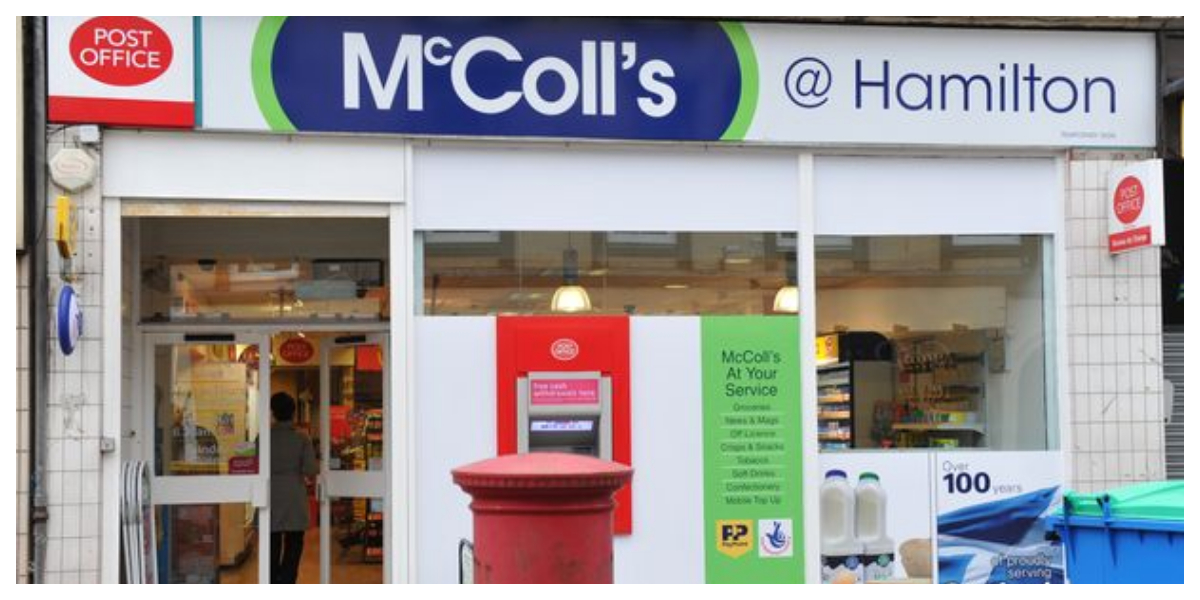Morrisons, the UK supermarket company, stated on Monday that it has reached an agreement with McColl’s, the British convenience store operator, to save all 16,000 jobs.
As inflation rises, McColl’s went bankrupt on Friday due to supply constraints and insufficient consumer spending.
The food and household products seller, which had around 1,100 UK stores, entered administration — the process whereby a distressed company calls upon outside help to try and minimize job losses — and plunged 16,000 staff into uncertainty.
“All McColl’s colleagues will be transferred with the McColl’s business to Morrisons,” the supermarket said on Monday as it confirmed the deal.
Morrisons chief executive David Potts said it represented “a good outcome” for McColl’s stakeholders.
“This transaction offers stability and continuity for the McColl’s business and, in particular, a better outcome for its colleagues and pensioners,” he added.
Morrisons, Britain’s fourth-largest supermarket chain, beat off competition from forecourt giant EG, whose owners also run UK supermarket group Asda.
Both tabled final bids on Sunday after McColl’s administrators PricewaterhouseCoopers sought a buyer for the chain.
Morrisons already operates about 200 of its stores under the ‘Morrisons Daily’ brand.
It is understood that Morrisons’ successful move will see it repay more than £160 million ($198 million, 187 million euros) in McColl’s debts, and take over the company’s two pension schemes.
McColl’s troubles come with Britain enduring a cost-of-living crisis, as UK annual inflation sits at a 30-year high of seven percent.
The Bank of England last week warned that British inflation would top 10 percent, a four-decade high, by the end of the year, fuelled by soaring energy prices.
And the BoE added that Britain risks falling into recession, as the central bank on Thursday raised its main interest rate by a quarter point to one percent — the highest level since the global financial crisis in 2009.
Consumer prices are surging worldwide on supply strains as economies reopen from pandemic lockdowns — and in the wake of the Ukraine war that is aggravating already high energy costs.
The British Prime Minister Boris Johnson’s Conservative party lost control of major municipalities in local elections last week, which contributed to the country’s cost-of-living crisis.
Between January and April, according to The Food Foundation, a UK think tank, the number of British households cutting back on food or skipping meals increased by 57%.

















